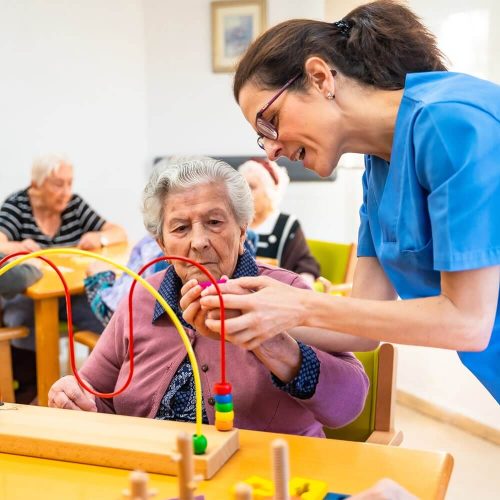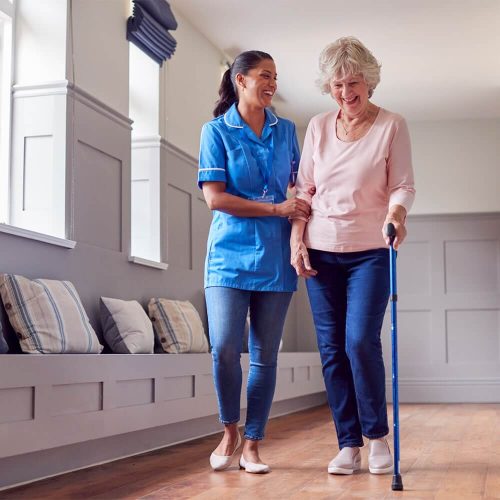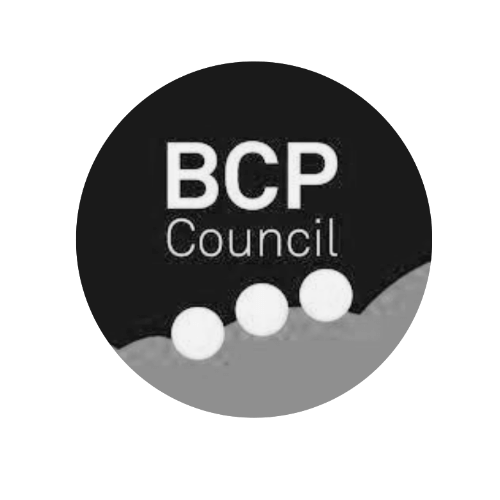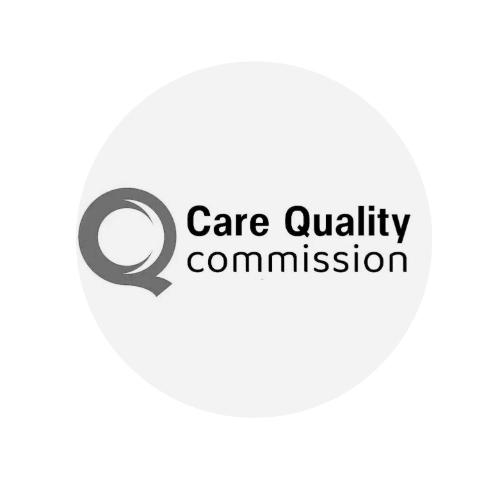What is the Difference Between Occupational Therapy and Physiotherapy?

When someone you love is recovering from a stroke, living with Parkinson’s, or adjusting to life with multiple sclerosis, you’ll likely hear terms like occupational therapy and physiotherapy mentioned. So, it’s only natural to ask, “What’s the difference between occupational therapy and physiotherapy?”
At first glance, the two may seem interchangeable. But as any carer or family member soon discovers, understanding how each therapy works, and when it matters most, can make all the difference to your loved one’s comfort, safety, and long-term well-being.
In this blog, we’ll take a closer look at the subject of occupational therapy vs physiotherapy. We’ll walk you through the essentials, from how neurological conditions affect everyday life to how our care homes in Bournemouth and Poole integrate therapy into daily routines.
Whether you’re feeling overwhelmed or simply want trusted guidance, LuxuryCare is here to help you navigate the journey.
Why Are Both OT and PT Important for Neurological Conditions?
Neurological care goes beyond simply managing a diagnosis; it’s about helping people reclaim as much independence, function, and joy as possible, even when facing life-changing conditions like stroke, Parkinson’s disease, or multiple sclerosis.
These conditions often impact more than just mobility; they affect memory, speech, coordination, and the ability to perform everyday tasks most of us take for granted. That’s why care must be holistic and deeply personalised.
The difference between occupational therapy and physiotherapy is as follows:
- Physiotherapy focuses on restoring physical function by helping individuals stand, walk, or strengthen weakened muscles.
- Occupational therapy, on the other hand, targets the skills needed to engage with the world around them: using cutlery, writing a note, dressing, or simply remembering where things are.
Both therapies are vital in neurological care because they work in tandem to restore confidence, physical capability, and emotional resilience.
The most effective care plans combine these therapies from the outset. Whether your loved one has experienced a sudden change or is facing a progressive condition, these services form the cornerstone of compassionate and evidence-based rehabilitation.


What Is Physiotherapy?
Physiotherapy is primarily concerned with restoring movement, reducing pain, and building physical strength. For individuals in neurological care, physiotherapy can make a measurable difference in day-to-day life, whether through improving gait, reducing fall risk, or helping someone take their first independent steps after a long hospital stay.
Examples of physiotherapy techniques include gait training to retrain walking patterns, balance exercises to reduce fall risks, and electrical muscle stimulation to activate weak or dormant muscles.
These techniques are especially useful for those recovering from stroke or managing the muscle stiffness often associated with Parkinson’s.
Benefits of physiotherapy include:
- Improved mobility and coordination
- Reduced risk of falls and accidents
- Faster recovery following injury or illness
We’ve seen first-hand how targeted physiotherapy can help residents in our Poole and Bournemouth care homes regain their confidence and improve quality of life through consistent, structured support.
What Is Occupational Therapy?
Where physiotherapy aims to improve movement and strength, occupational therapy focuses on helping individuals carry out the daily activities that give life purpose and routine. This could be as simple as buttoning a shirt or as complex as using memory aids to support independent living in early-stage dementia.
Occupational therapy is particularly beneficial for those with fine motor difficulties, cognitive decline, or neurological fatigue. Examples of OT interventions include feeding support, dressing techniques, assistive devices for daily living, and personalised memory cues. These aren’t just practical; they’re also dignity-preserving.
Benefits of occupational therapy include:
- Increased independence and confidence
- Reduced reliance on full-time carers
- Support for memory, focus, and daily planning
In many cases, OT acts as a bridge, supporting the transition from hospital to care home, or from dependency to greater self-reliance.
Occupational Therapy vs Physiotherapy in Neurological Care: Key Differences
While both therapies are essential in neurological care, they serve different goals and functions. Here are the key differences:
- Focus: Physiotherapy targets movement and physical strength, while occupational therapy supports everyday activities and cognitive engagement.
- Techniques: Physiotherapy might include balance training or muscle reactivation; occupational therapy might involve adaptive tools or memory strategies.
- Outcomes: Physiotherapy aims to reduce pain and improve mobility. Occupational therapy works to restore confidence and routine.
- Environment: Physiotherapy often takes place in structured gym-like settings. Occupational therapy happens in kitchens, bedrooms, or dining areas, where real-life tasks unfold.
- End goal: Physiotherapy supports physical rehabilitation, whereas occupational therapy promotes participation in meaningful daily life.
Understanding occupational therapy vs physiotherapy can help you advocate for a care plan that fully addresses your loved one’s needs, both body and mind.


How We Integrate Therapy at LuxuryCare
At LuxuryCare, our care homes in Bournemouth and Poole provide both occupational therapy and physiotherapy on-site, enabling seamless coordination between our clinical and care teams.
We offer tailored therapy plans for residents with dementia, Parkinson’s, stroke recovery, and multiple sclerosis, ensuring that every therapy session is part of a wider, person-centred care plan.
But therapy doesn’t stop at exercises and routines. We complement each care plan with meaningful activities, relaxing days out, and nutritional meals designed to support health and enjoyment. Our in-house chefs work closely with care teams to accommodate special dietary requirements, while our regular outings help residents reconnect with community and nature.
Families are kept in the loop through weekly updates, so they can track progress and stay informed. It’s this consistent, joined-up approach that gives families peace of mind in knowing their loved one is in experienced, compassionate hands.
Book a Visit to See How We Can Support Your Loved One
Arrange a visit today to explore our facilities and meet the dedicated therapy team behind every care plan. We’ll show you how we support independence through personalised care and round-the-clock availability.
Whether your loved one needs assisted living or specialised support, we’re here to help. Call us on 01202 037373 or reach out via our contact form to find out more. Let us guide you through this journey, because peace of mind starts with the right care.














